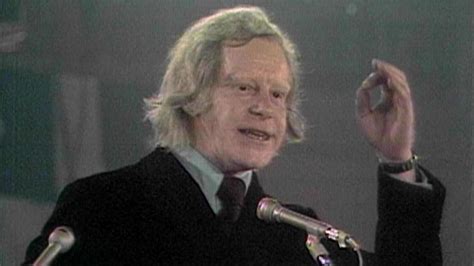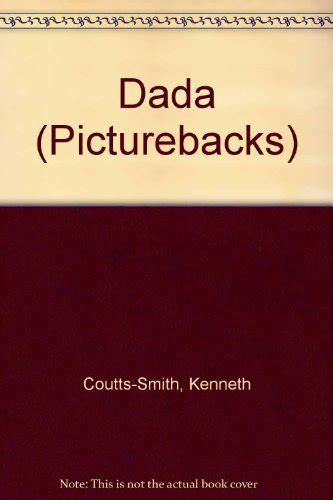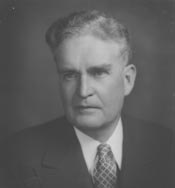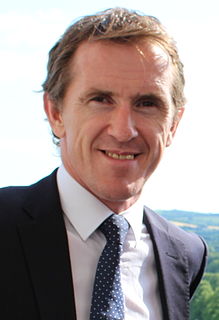A Quote by Harold Bloom
I have never believed that the critic is the rival of the poet, but I do believe that criticism is a genre of literature or it does not exist.
Related Quotes
Bitter criticism caused the sensitive Thomas Hardy, one of the finest novelists ever to enrich English literature, to give up forever the writing of fiction. Criticism drove Thomas Chatterton, the English poet, to suicide. . . . Any fool can criticize, condemn and complain - and most fools do. But it takes character and self-control to be understanding and forgiving.
In particular, I argue that in both evolution and creation we have rival religious responses to a crisis of faith-rival stories of origins, rival judgments about he meaning of human life, rival sets of moral dictates, and above all what theologians call rival eschatologies-pictures of the future and of what lies ahead for humankind.
And it does no harm to repeat, as often as you can, 'Without me the literary industry would not exist: the publishers, the agents, the sub-agents, the sub-sub-agents, the accountants, the libel lawyers, the departments of literature, the professors, the theses, the books of criticism, the reviewers, the book pages- all this vast and proliferating edifice is because of this small, patronized, put-down and underpaid person.'
I have had the view that cutting wages is not the path to prosperity, and one of the great myths propagated about my attitude to industrial relations is that I believe in lower wages. I've never believed in lower wages. Never. Never believed in lower wages, I've never believed in lower wages as an economic instrument.




































